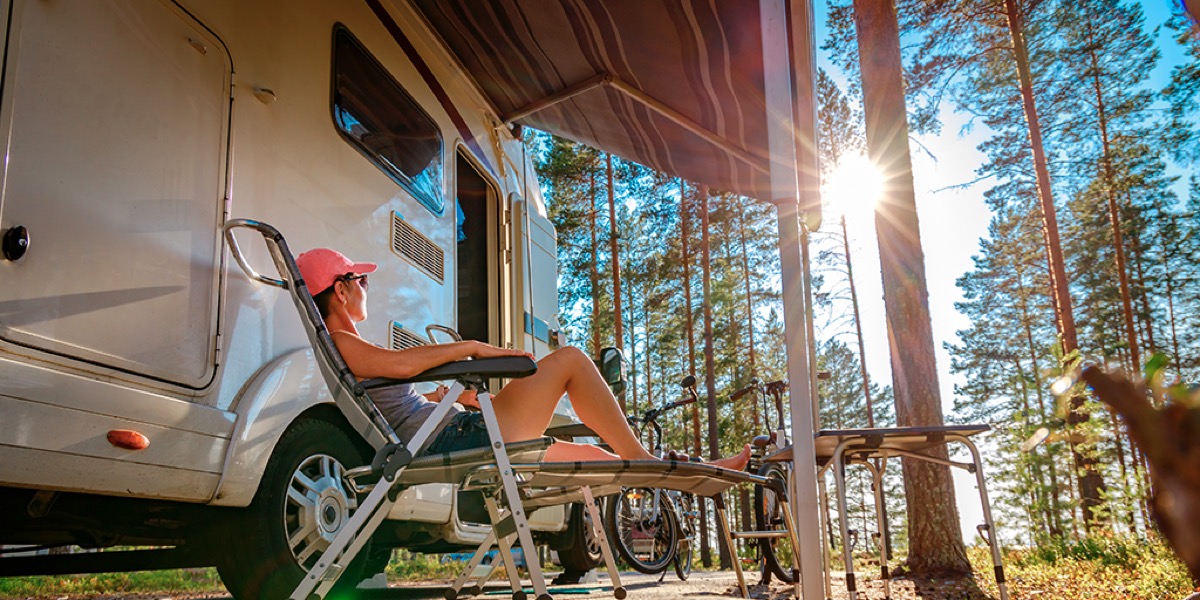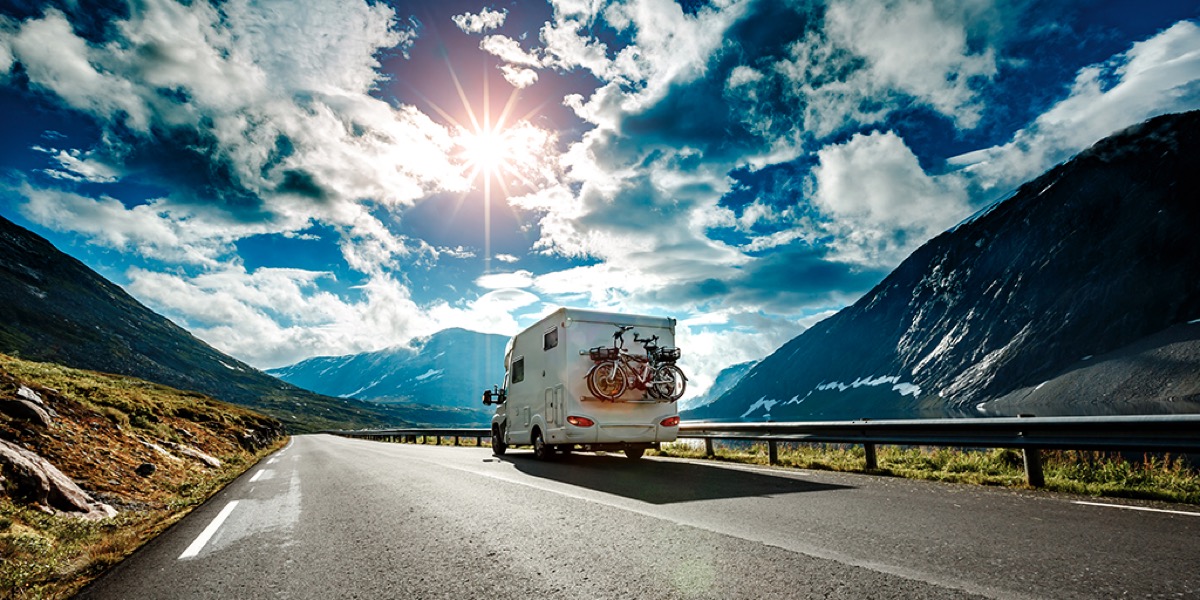2020, the year of mobile homes?
Without any doubt, tourism has been one of the sectors most affected by the coronavirus crisis. Hotels, airlines, bars and restaurants, museums… The months of lockdown for these businesses has shaken an industry that, according to the World Tourism Organization, could lose around 406 billion euros in 2020.
We have to reinvent things. Beside adopting strict hygiene protocols to guarantee the safety of travelers, companies in the sector will have to look for new niche markets and opportunities if they want to recover.
Speaking to La Vanguardia, Benet Maimí, professor in the Tourism and Business Administration double-degree course at TecnoCampus, in Catalonia, thinks that short and middle-term solutions for the recovery of the tourist industry will involve less mass tourism and more domestic travel to nearby places. “People will use more individual transportation rather than public transport,” he says. “Now we’ll discover places like Garrotxa or Cerdaña,” he adds, referring to two locations in the region.
The summer of 2020 is shaping up as one in which most travelers will choose not to leave their country –largely due to the uncertainty and fear over the virus, but also because of tighter domestic budgets resulting from the pandemic. Private cars will probably be the main transportation option.
Above all, these travelers will want to get as much as possible out of their road trips. And the mobile home may be one of the most popular options.

“With the health crisis we’re going through now, the mobile home is one of the best holiday options because of its safety and independence,” says Raúl Vaquero, manager of ASEICAR, the Spanish Association of the Caravanning Industry and Trade. “It provides the necessary social distancing and health measures, the same one that anyone has at home, because your caravan is your own house with its bed, living room, kitchen, bath… You don’t need anything or anybody.”
According to Vaquero, the sector has undergone continual growth in recent years. “In 2019, almost 25 mobile homes or campers were registered every day. More and more people are demanding vacation options without fixed hours or hurry, with no ties of any kind, and in direct contact with nature.”
In Europe, the leading country for this kind of getaways is Germany, with some 533,000 caravans in use, according to data from Stadista, which are based on information from the different associations that comprise the European Caravan Federation. Following Germany are France and the UK. Spain is 11th on this list.
Vaquero says that for years ASEICAR has been demanding that the different governments to provide more service areas for mobile homes, so as to promote this kind of tourism in Spain. In a press release, ASEICAR president José Manuel Jurado stated that “we want to start assigning the same value to caravanning as leading countries like France and Germany.”
Could 2020 be the year for consolidating this kind of travel, in both Spain and the rest of Europe? We asked Vaquero.
“Yes, and it’s already happening. Little by little we’re getting more reservations and we may even see a repeat of last year when demand outstripped our supply.”
“At present we have some 5,500 vehicles for rent, which can transport 22,000 travelers [four per vehicle]. Taking into account that each of these vehicles is rented an average of 120 days per year, were talking about more than 2,640,000 overnights annually. Some 150,000 such vehicles are on Spanish roads every summer, in other words 600,000 tourists. The average trip lasts 17 days, with daily expenses of 150 euros for fuel, places to park for the night, spending in small businesses and restaurants…”
And he adds: “It’s also true that, as part of this boom, we’re also concerned about private individuals renting their mobile homes to other people. They can’t guarantee the condition of the vehicles, their substitution in case of a breakdown, and insurance coverage in case of an accident the way a professional rental service can.”

Is there a profile (more or less defined) of the users of this kind of vehicles?
Until a few years ago, they were mainly seniors, retired or pre-retired couples with lots of free time. Now it’s more and more a case of families with children who buy a mobile home or caravan for their annual holidays, and even some people who rent for just a weekend. For example, the campers are becoming more and more popular among couples who are into sports and adventure, mountain climbers, surfers…
How do you guarantee the safety of these mobile home travelers?
Our companies have a hygienic-health protocol to provide clients and workers with the greatest possible safety against Covid-19. The companies that commit to complying with these regulations receive the Caravanning Anticovid commercial seal.